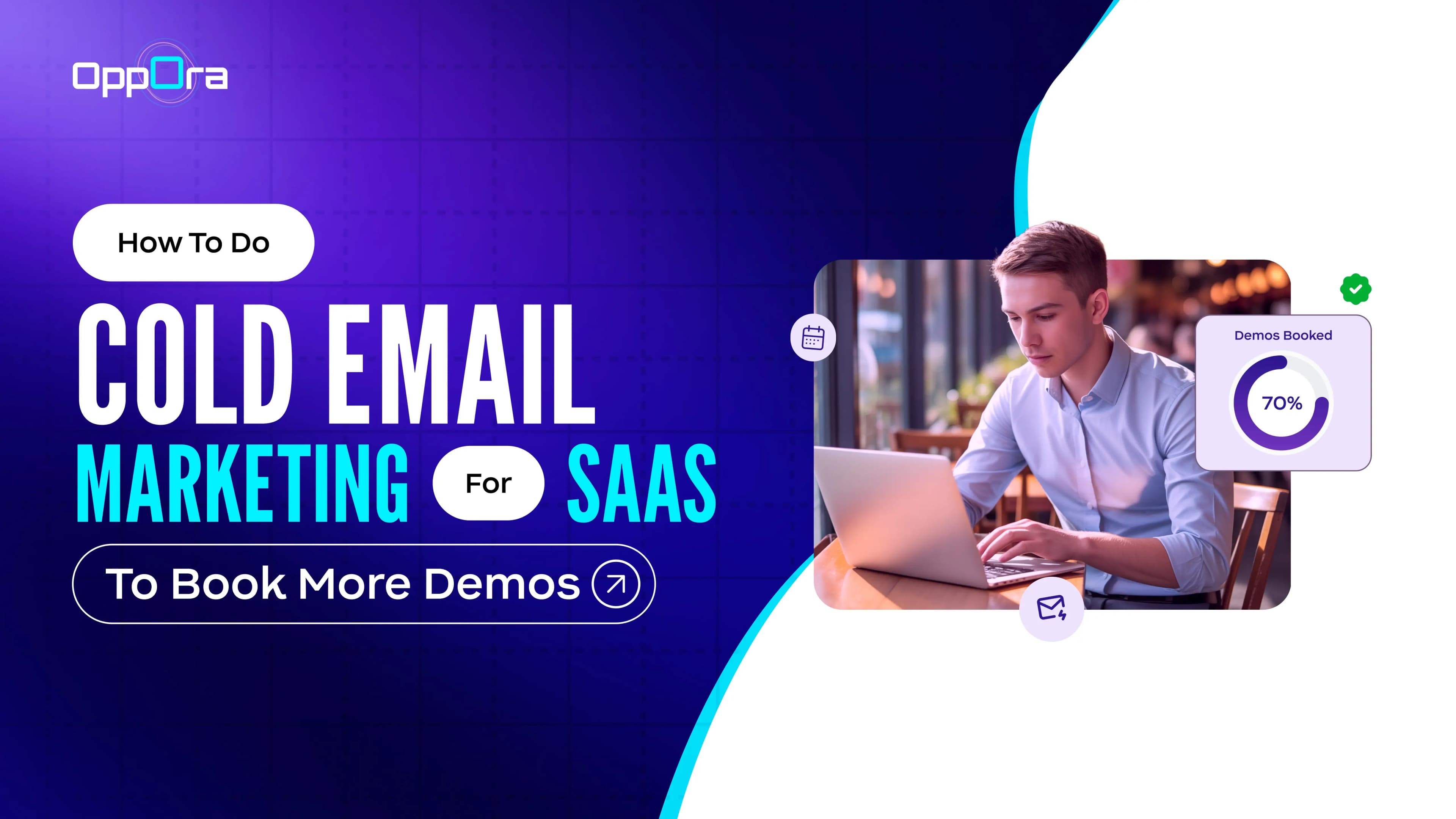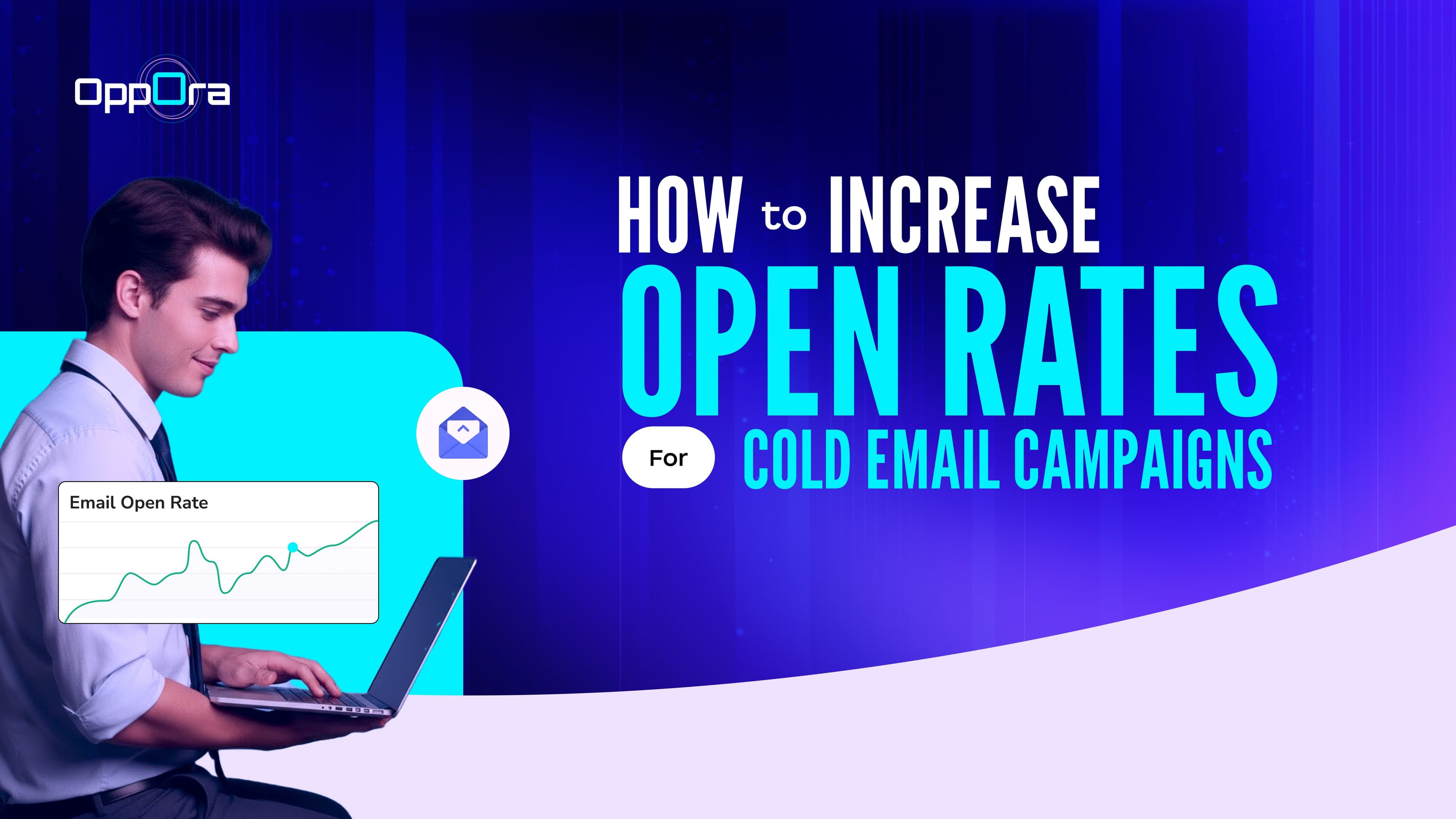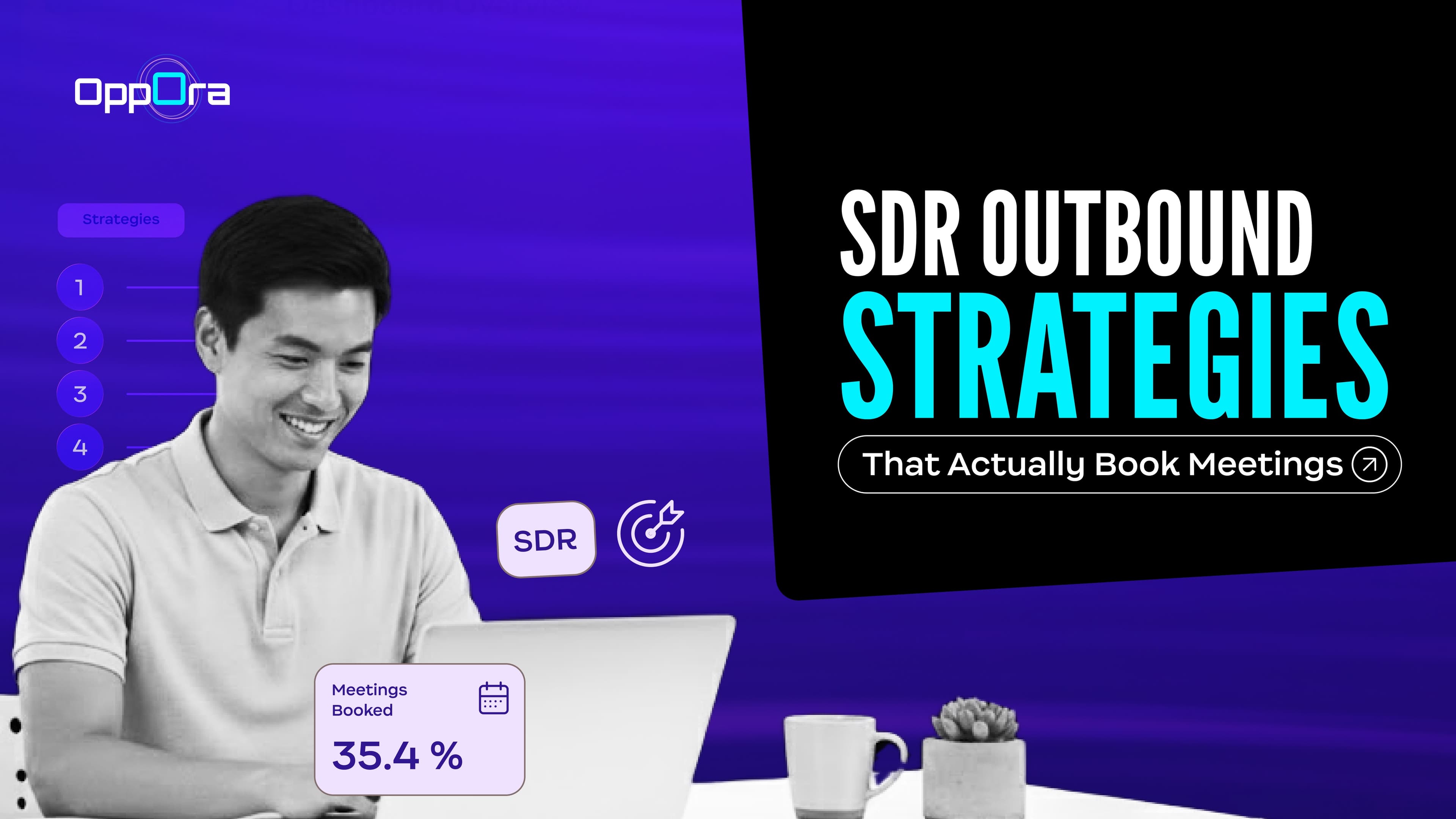Home
Blog
Find & Send Cold Emails to 500 Unique Prospects Every Month for FREE.
Home
Blog
Martin Smith
Published September 25, 2025
12 min

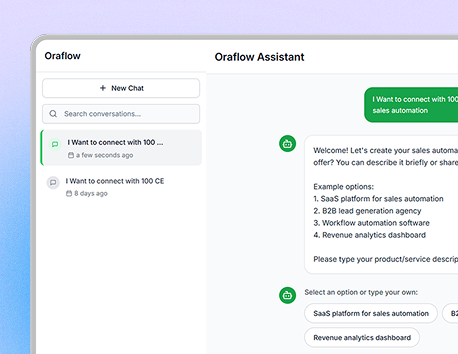
Try Oppora AI
Create Self-Running Agentic Sales Workflows like N8N just by chatting with AI
Get Started for FREE
When I first started in sales, I wasted hours chasing leads that were never going to convert. Every prospect looked “interesting,” but only a handful ever became real customers. That’s when I learned the value of using lead scoring software.
The right tool doesn’t just assign a lead score-it guides your sales team to the most promising opportunities, helps the marketing team align efforts, and drives higher conversion rates. Before I dive deep into each scoring model and tool, here’s a quick comparison table you can scan:
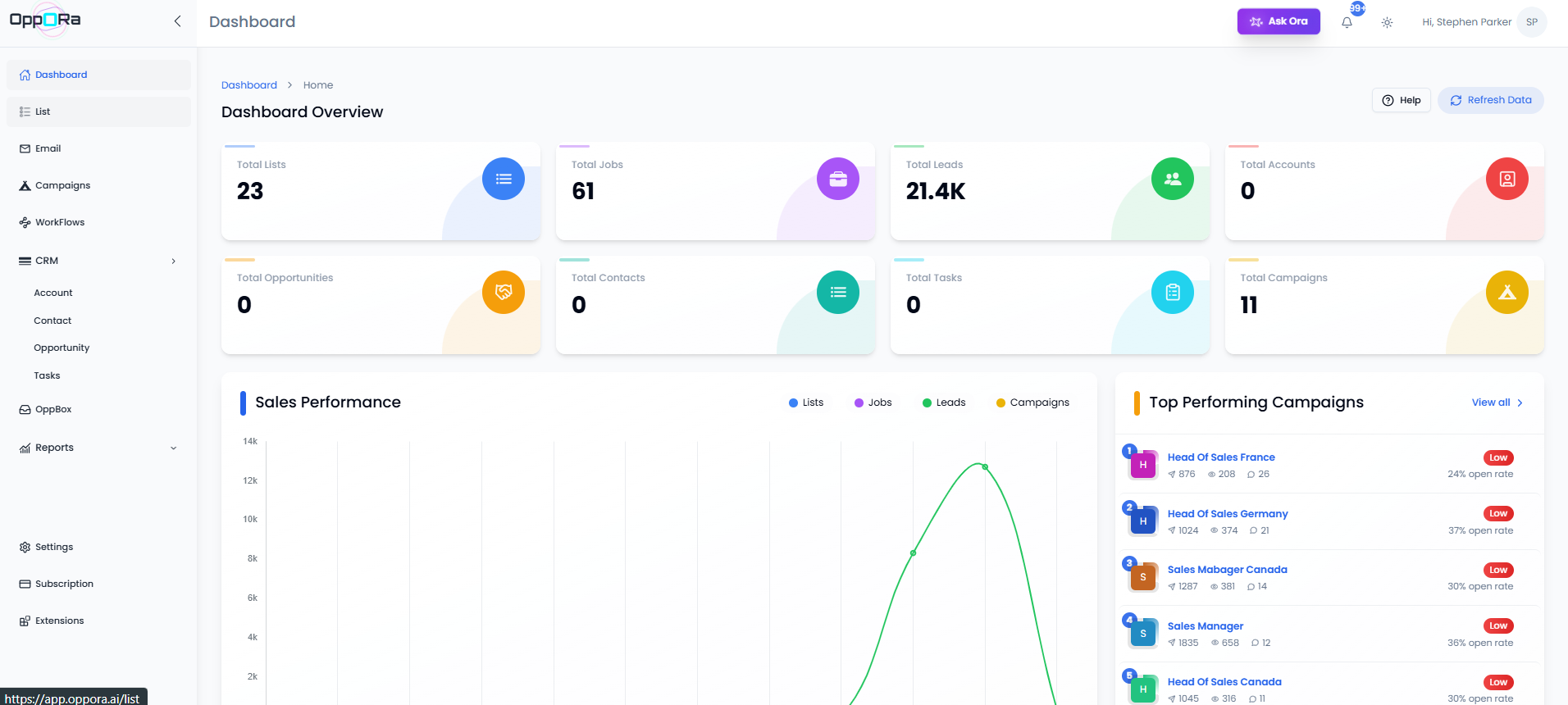
Oppora.ai isn’t just a lead scoring model, It’s an AI-powered hub that supports both sales efforts and campaigns. Its automated lead scoring uses a machine learning algorithm with historical data to prioritize potential buyers.
👉 The result? My sales team saved hours daily, tracked promising prospects more effectively, and focused only on qualified leads.

HubSpot combines rules-based and predictive scoring, making it ideal for a marketing team aligned with sales reps. It simplifies lead qualification and helps identify a high-quality lead before passing it through the sales funnel.
Strengths:
Weaknesses:

Zoho CRM provides a customizable lead scoring process and supports lead prioritization for small businesses. Its AI assistant “Zia” uses historical data to suggest promising leads, making it easier for a sales rep to focus on potential customers.
Strengths:
Weaknesses:

Apollo.io shines in building lists of potential customers but falls short in automated lead scoring. While it helps a marketing team identify promising prospects, it lacks a strong scoring model for qualified leads.
Strengths:
Weaknesses:

Salesforce Einstein applies a machine learning algorithm to track buyer behavior and improve accuracy. For large enterprises with complex sales funnels, it predicts which promising leads will become high-quality leads.
Strengths:
Weaknesses:

Marketo uses predictive scoring models to evaluate potential buyers. It works best for a marketing team managing large campaigns and wanting higher conversion rates.
Strengths:
Weaknesses:

Pardot helps with lead qualification by combining behavior scoring and grading models. This ensures sales reps only pursue promising leads that move smoothly through the sales funnel.
Strengths:
Weaknesses:

Freshsales’ Freddy AI focuses on accuracy and simple automated lead scoring. It’s great for small sales teams needing to track potential customers and qualify them quickly.
Strengths:
Weaknesses:

ActiveCampaign integrates lead scoring software with email campaigns. Its lead scoring process works well for identifying promising prospects and nurturing potential buyers with higher conversion rates.
Strengths:
Weaknesses:

Keap focuses on simple, rule-based lead qualification. It works best for small sales teams looking to track promising leads without advanced automation.
Strengths:
Weaknesses:
In the early days of my sales journey, I assumed that generating more leads automatically meant more revenue. I couldn’t have been more wrong. Chasing every contact wasted time, stretched my sales team, and caused frustration for my marketing team. That’s when I realized the importance of lead scoring software.
A good tool assigns a lead score to each contact based on their likelihood to convert. Instead of wasting resources on unfit prospects, you can channel energy into qualified leads. The right lead scoring model helps with:
📊 McKinsey’s research shows reps spend 65% of their time on admin tasks. With automated lead scoring, you reduce wasted hours and start to track only potential buyers that matter.
When I first heard about the lead scoring process, I thought it was just giving points for simple actions like opening an email. In reality, modern lead scoring softwaretime, like is much smarter and data-driven.
Here’s how it works:
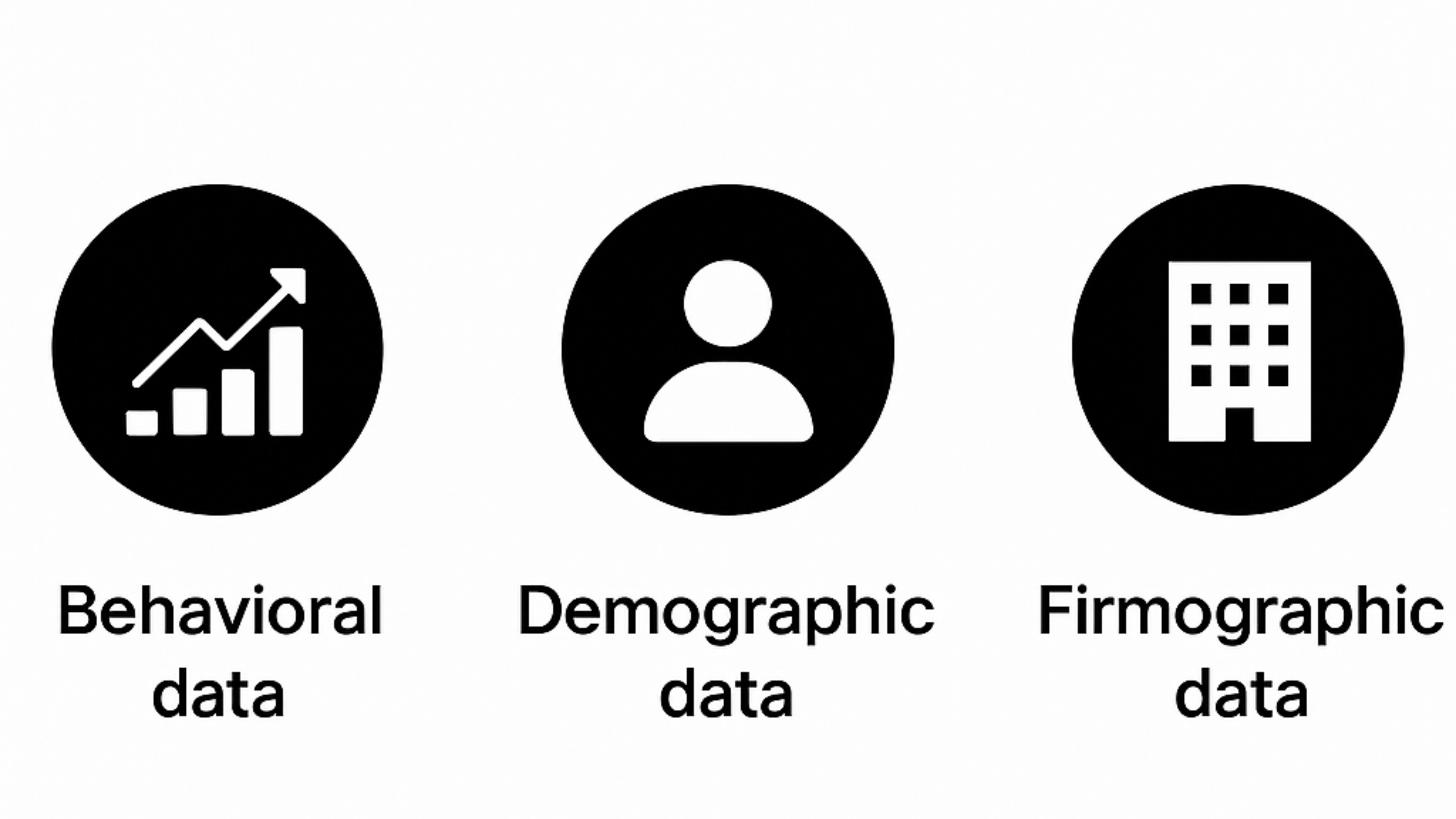
Advanced tools apply a machine learning algorithm to large volumes of historical data. This not only improves accuracy but also ensures the system adapts as behaviors shift. With automated lead scoring, your sales reps and marketing team can instantly see which promising leads and potential customers should be nurtured further. The system keeps running in the background, updating in real time, like having a 24/7 analyst.
I’ve tested nearly all of the well-known platforms, but the one that truly transformed my sales efforts was Oppora.ai. Unlike basic tools that stop at assigning a scoring model, Oppora.ai is a complete, all-in-one solution. It brings together lead qualification, enrichment, verification, scoring, and outreach seamlessly in a single flow.
👉 The outcome: Oppora.ai consistently turns promising prospects into qualified leads, while cutting down manual work and boosting efficiency across the funnel.

Yes, absolutely. While Oppora.ai has been my top pick, there are other tools that have helped improve sales efforts. For example:
However, many of these platforms lack seamless automated lead scoring or require third-party integrations. That often creates more work for your sales reps and marketing team. For me, the real win is when the lead scoring process happens naturally, without disrupting the sales funnel or delaying follow-ups with potential customers.
This was my biggest doubt at first. Could AI really outperform human judgment? After a few campaigns, the answer became clear, yes. A machine learning algorithm can spot patterns in historical data that even the best sales rep would miss.
For instance, AI discovered that my promising prospects often came from companies in the 200–500 employee range that had recently raised funding. With this insight, my sales team refined outreach and consistently found high-quality leads.
Different platforms bring their own approach:
This AI-driven lead scoring model has dramatically improved accuracy while giving my marketing team and sales leadership confidence that our efforts are spent on qualified leads.
For small businesses and startups, simplicity is key. Complex platforms often overwhelm limited resources. In my experience, the best tools for lean sales teams are:
These solutions allow teams to track promising prospects without needing months of onboarding. For a startup, saving hours while still capturing promising leads in the sales funnel is a competitive advantage.
Bigger organizations face different challenges-scaling outreach while maintaining accuracy. For them, tools like:
These systems enable sales reps to focus on qualified leads while sales efforts remain aligned with the company’s strategic objectives. They also allow managers to better track potential buyers at scale. However, they require experienced RevOps support to operate effectively.
👉 This is where Oppora.ai stands out. Unlike heavy enterprise platforms, Oppora.ai delivers the same AI-driven lead scoring process, enrichment, and automation in a simpler, all-in-one solution. It gives both sales teams and marketing teams enterprise-level power-without the enterprise-level complexity or cost.
From my perspective, any lead scoring software worth investing in must include:
Without these, you risk missing promising prospects, mislabeling high-quality leads, and losing out on higher conversion rates. For me, Oppora.ai consistently ticks all these boxes.
Here’s how my team actually applies the lead scoring process every day:
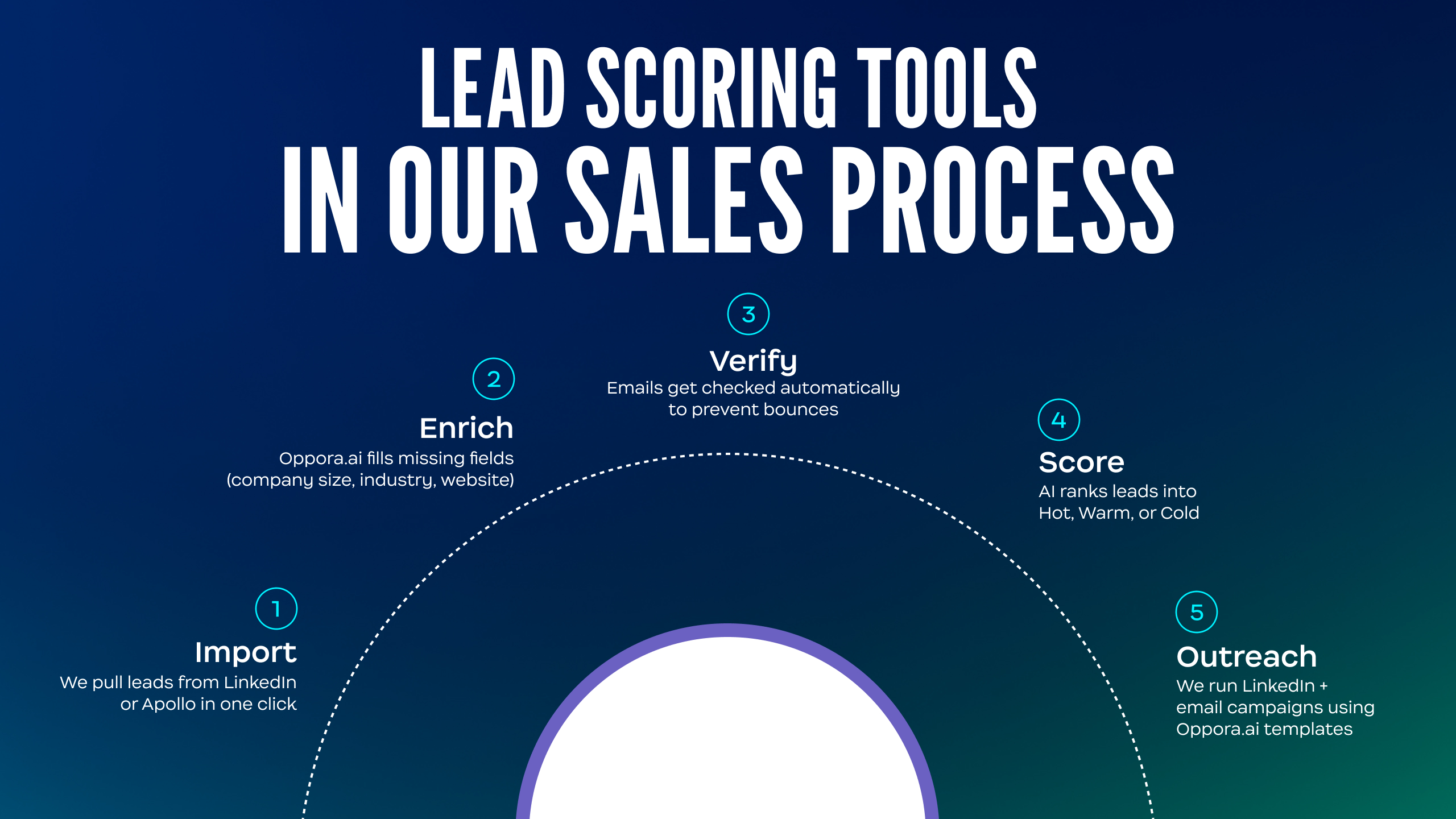
This streamlined workflow enables the sales team to double response rates while cutting unnecessary sales efforts. It also helps the marketing team consistently pass along qualified leads that are much easier to convert.
The answer is a clear yes. With automated lead scoring, you eliminate guesswork and give your sales reps the ability to focus only on qualified leads.
Salesforce found automation boosts productivity by 34%【Salesforce, 2024】,
while McKinsey reports sales reps lose 65% of their time on admin tasks【McKinsey, 2023】.
When your lead scoring model prioritizes promising prospects, your sales funnel becomes more predictable. Marketing teams generate high-quality leads, and sales teams convert them faster. The result? Sharper accuracy, better use of historical data, and consistently higher conversion rates.
It ranks leads so sales teams know who to contact first.
It’s a numeric value showing how likely a lead is to convert.
It’s the framework that defines how scores are calculated using data.
It ensures sales reps only talk to serious buyers, not casual visitors.
Yes. It pushes the right leads down the funnel and filters out weak ones.
It improves accuracy by showing which past leads converted successfully.
It’s when AI assigns scores in real time without manual input.
They save time, close deals faster, and reduce wasted effort.
They pass only high-quality leads to sales, keeping alignment strong.
Yes. By focusing on promising prospects, companies see higher conversion rates.
Implementing lead scoring software changed how I approach sales forever. Instead of treating every contact as equal, my sales team now works strategically, chasing promising leads backed by data and AI. My marketing team delivers stronger lead qualification, and both groups are aligned.
The combination of automated lead scoring, robust scoring models, and smart machine learning algorithms not only saves time but also ensures that every sales effort is directed toward potential customers with real intent.
👉 If you’re just starting, pick a tool that fits your size and workflow.
👉 If ROI is your priority, choose one that combines lead prioritization, enrichment, and automation.
For me, that’s Oppora. The platform that doesn’t just assign a lead score, but helps you find, track, and close qualified leads with confidence.
Summarize with AI
Share
